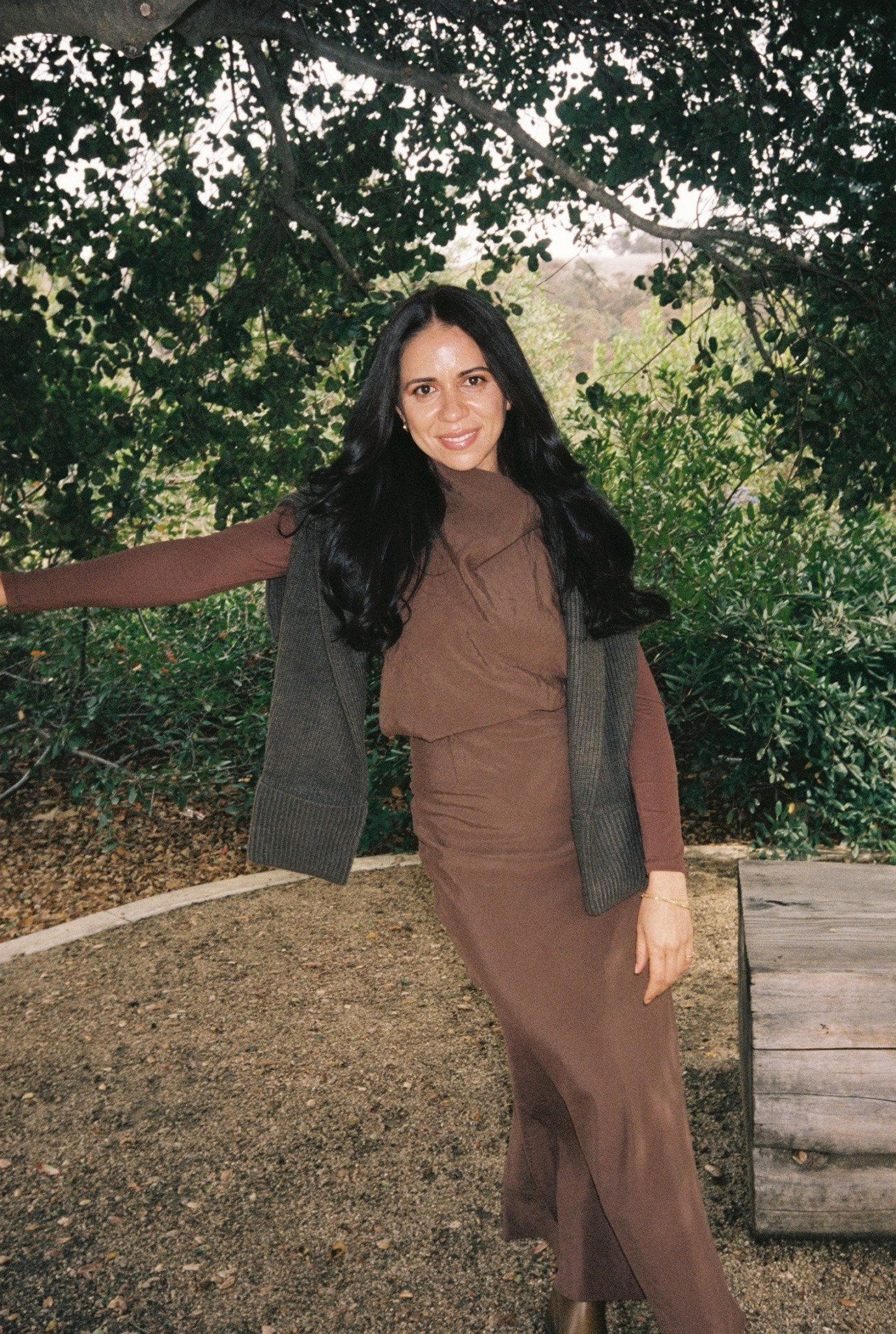We caught up with the brilliant and insightful Sophia Walters a few weeks ago and have shared our conversation below.
Sophia, looking forward to hearing all of your stories today. Let’s jump to the end – what do you want to be remembered for?
Legacy is not something I dwell on heavily, but a friend once told me their greatest fear was failing to reach their full potential. While I strive not to live in fear, the thought of leaving this world without fulfilling my full purpose often weighs on me. My concern is not whether I can excel at what I do—rather, it stems from the necessity of forging my own opportunities, as so many Black women and women of color in America must. I do not fit the conventional image of someone leading a rigorous academic institution. Let’s be honest—I am young, I am a woman, and I am Black. But what I do hope is this…
I hope that when my students reflect on our time together, they say, “Ms. Sophia always believed in me.” I hope they develop a deep reverence for the land, for Mother Earth, and for sustainability, as these principles are at the core of everything I do. More than anything, I pray they leave Wilbur Academy with a profound sense of belonging to something greater than themselves. What we are cultivating here extends beyond academics—we are nurturing an ecosystem that honors and uplifts our students, guiding them toward self-worth and a love for learning. We teach them that their differences are not limitations but the very qualities that make them extraordinary, and we seek to nourish those gifts.
So, when it comes to legacy, I believe it lies in the experiences and memories my students and I create together—moments that I hope will stay with them for a lifetime, just as they will with me. I want my minority students to see themselves in me and recognize that people like them can achieve greatness. I hope my work not only inspires but also creates tangible opportunities for the next generation of female founders and entrepreneurs, ensuring that access and possibility are no longer a rarity.
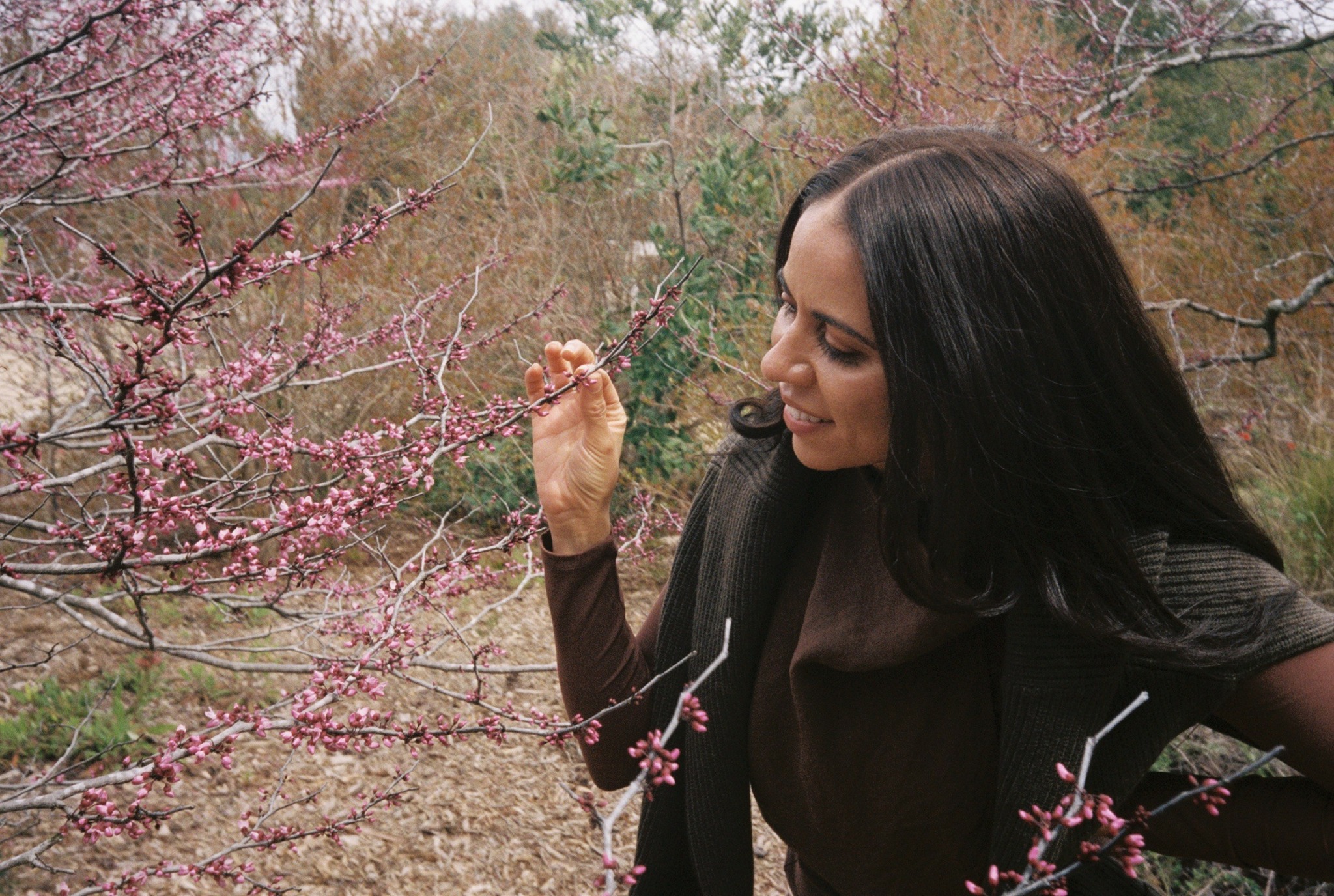
As always, we appreciate you sharing your insights and we’ve got a few more questions for you, but before we get to all of that can you take a minute to introduce yourself and give our readers some of your back background and context?
In all candor, I entered my line of work because I have never enjoyed working under others. Even in college, I lasted only a few months in retail before recognizing it was not aligned with my disposition. I quickly transitioned to working for myself. Corporate hierarchy is often built on arbitrary metrics that didn’t always reflect competence or creativity. I have always believed that some of the most brilliant ideas come from a place of childlike wonder, yet in corporate America, respect and compensation are dictated by tenure rather than ingenuity. That never sat well with me. Performance, innovation, and efficiency should matter more. As someone who works with young minds every day, I can say with certainty that some of my greatest ideas have been inspired by them. The notion that innovation has an age requirement is fundamentally flawed.
In my early to mid-20s, I worked in a male-dominated company, fully aware of my capabilities yet struggling to be heard. I was not given the same respect as my male counterparts, and after a while, the constant effort to prove my worth took a toll on my mental well-being. I have always placed a high value on time, knowing it is finite. If something is going to consume most of my life, it has to be worth it—and by that, I don’t just mean financially. My quality of life, peace of mind, and the ability to see my ideas respected and implemented matter just as much, if not more.
I don’t subscribe to the idea that work should always feel exciting. If that were the case, I’d be a chef, a gardener, a florist, or an interior designer. The reality is, once something becomes work, it is just that—work. My initial dream was to establish myself within the music industry. Music and dance are my earliest loves—art forms that I believe are intrinsically woven into my identity. (Funny story, the director of a ballet company my older sister was dancing for started a ballet class for two-year-olds because I would watch my sister dance in class, and at recitals, I’d dance in the hallways and aisles.) After long days returning from my corporate job, I would immerse myself in singing and songwriting. It was a pursuit that once defined me. Upon leaving my job, I contemplated continuing in the music industry and embarked on a journey through the South, immersing myself in the musical heritage of my ancestors. I sang on park benches, participated in open mic nights, and rediscovered the purity of music as an art form. I also realized something crucial—the politics of the music industry were making me resent something I loved. That realization was pivotal—I came to understand that passion need not be monetized to retain its significance.
This distinction between passion and vocation was an epiphany that profoundly shaped my evolution as an entrepreneur. While my love for music remains steadfast, my deepest devotion lies in empowering people. I care about creating spaces where those who have been silenced have a place to be heard. When asked how my students achieve such remarkable success, my response remains unwavering: self-belief. When an individual possesses unwavering self-worth and conviction, the rest will inevitably follow.
The impact of my work is profound, and I am grateful that it serves a greater purpose. However, Wilbur Academy was not founded solely from a place of passion; it was born out of necessity. A fundamental principle of successful entrepreneurship is the ability to identify a void in the marketplace and create something so indispensable that people cannot envision functioning without it. Education is one such necessity—and I know that as long as humans exist, the pursuit of knowledge will never cease.
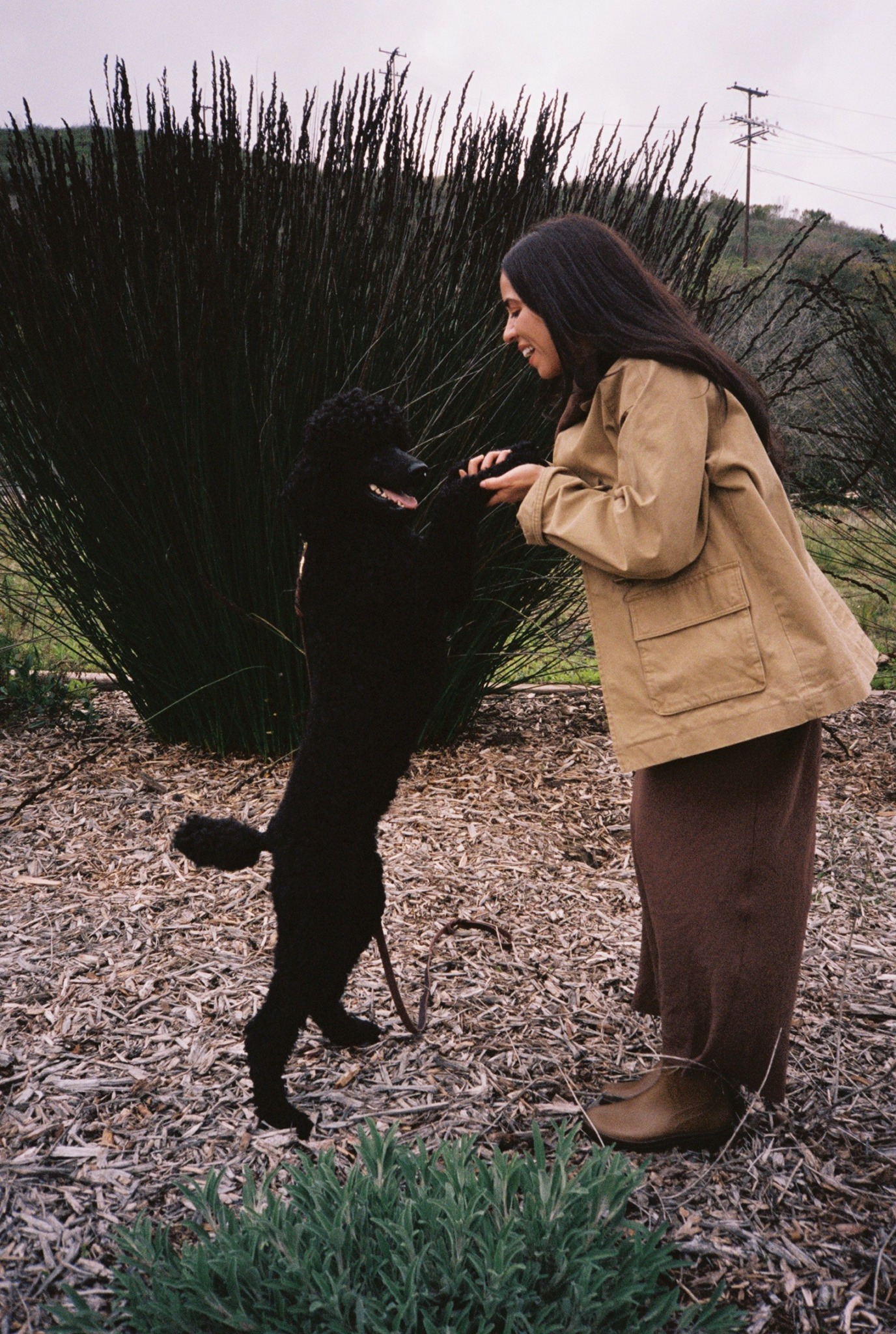
Can you tell us about a time you’ve had to pivot?
Before founding Wilbur Academy, I worked full-time as a traveling teacher for an international family. When the pandemic began, I remained with them for the better part of a year, but eventually, they chose to relocate—an option that did not align with my own aspirations at the time. With so many students suddenly out of the classroom, I saw a unique opportunity to forge my own path.
In retrospect, it seems almost surreal that I walked away from a well-paying, stable job to start a school in my twenties. However, I knew that my purpose extended beyond individualized instruction. I wanted to share my gifts with a broader community of students, particularly those in underserved inner-city areas. That vision would not have been possible had I remained confined to such an exclusive sector of personalized education.
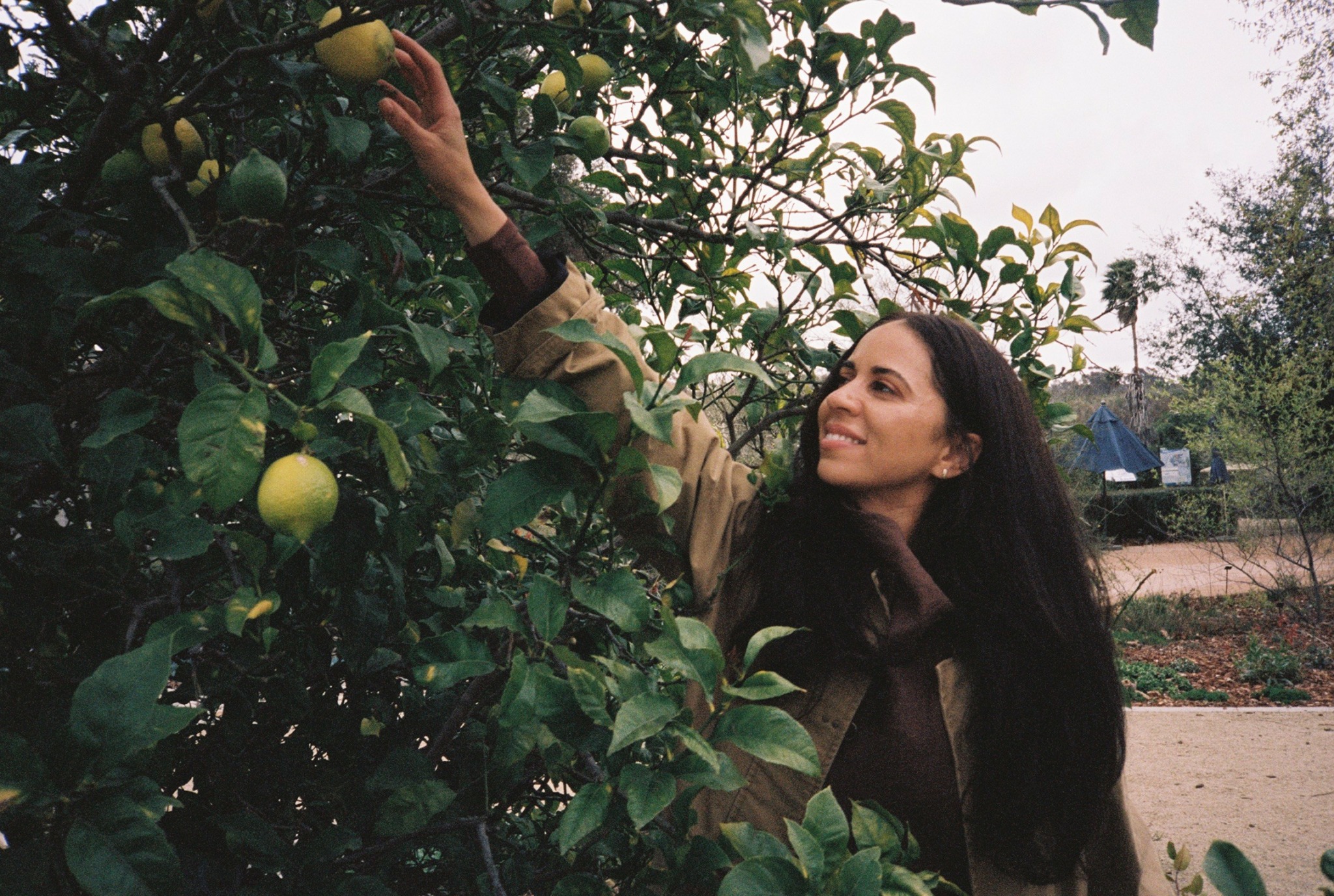
Can you open up about how you funded your business?
I have never taken outside capital—a path not suited for everyone, as it comes with significant sacrifices. However, preserving the integrity of what we do remains my highest priority. Are schools businesses? Yes, but above all, it is imperative that each student feels nurtured and valued. That level of care takes time, and while rapid expansion might be possible with greater financial backing, aggressive growth has never been my focus.
Over the years, I have been approached by numerous investors, drawn to the undeniable uniqueness of what we offer and the belief that we represent the future of education. Yet, to this day, I have chosen to forgo external funding. My growth has been driven solely by word of mouth, and I adhere to a principle of financial discipline—I do not spend money that does not make money. For example, I began hiring educators only when it became clear that I could no longer personally meet the needs of every student or when a client required instruction beyond my particular areas of expertise. Rather than chasing “hypothetical” profitability, I focus on tangible, sustainable growth, even if that approach demands greater patience.
Contact Info:
- Website: wilbur.academy
- Instagram: https://www.instagram.com/wilburacademy/
- Linkedin: https://www.linkedin.com/in/sophiawalters111
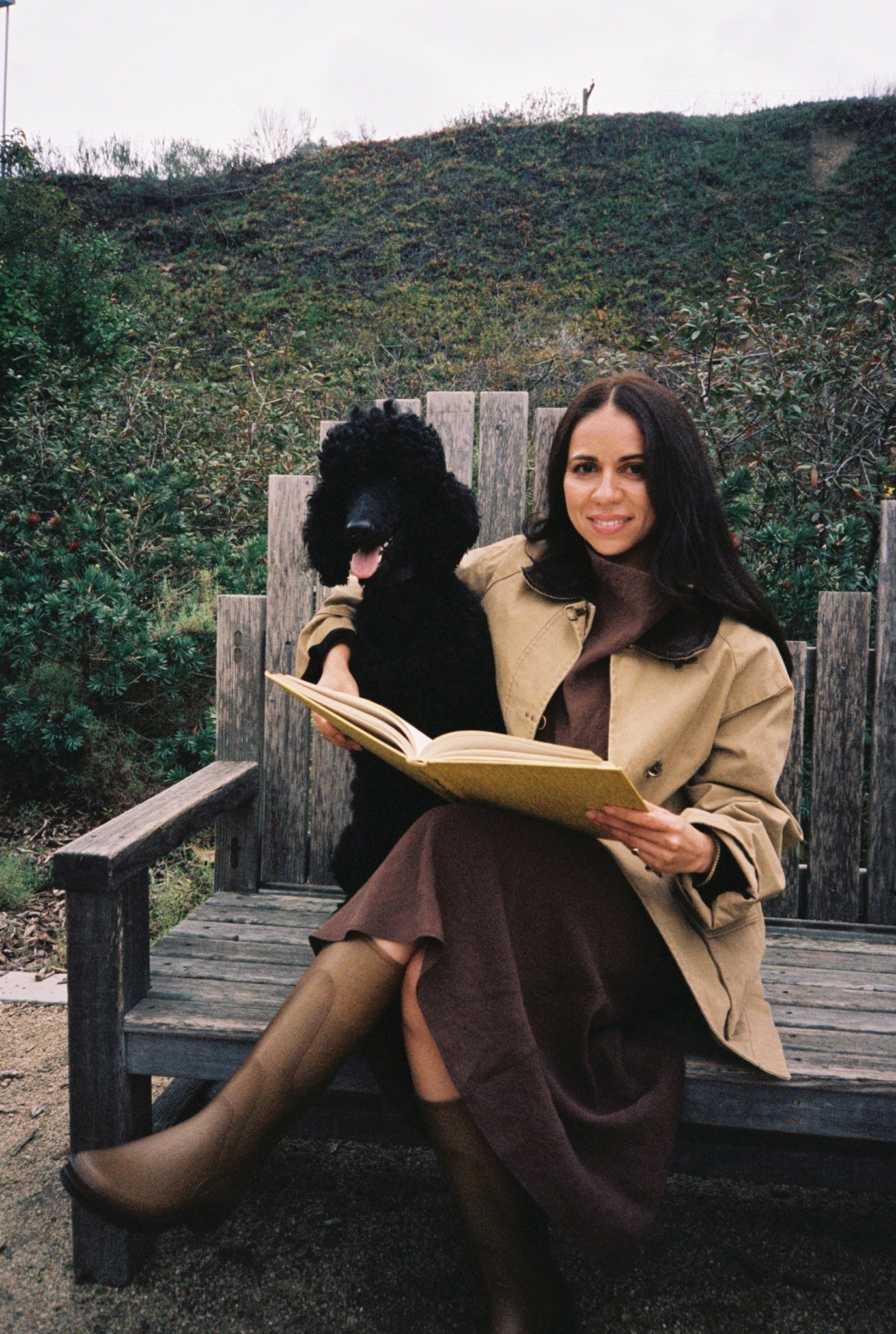
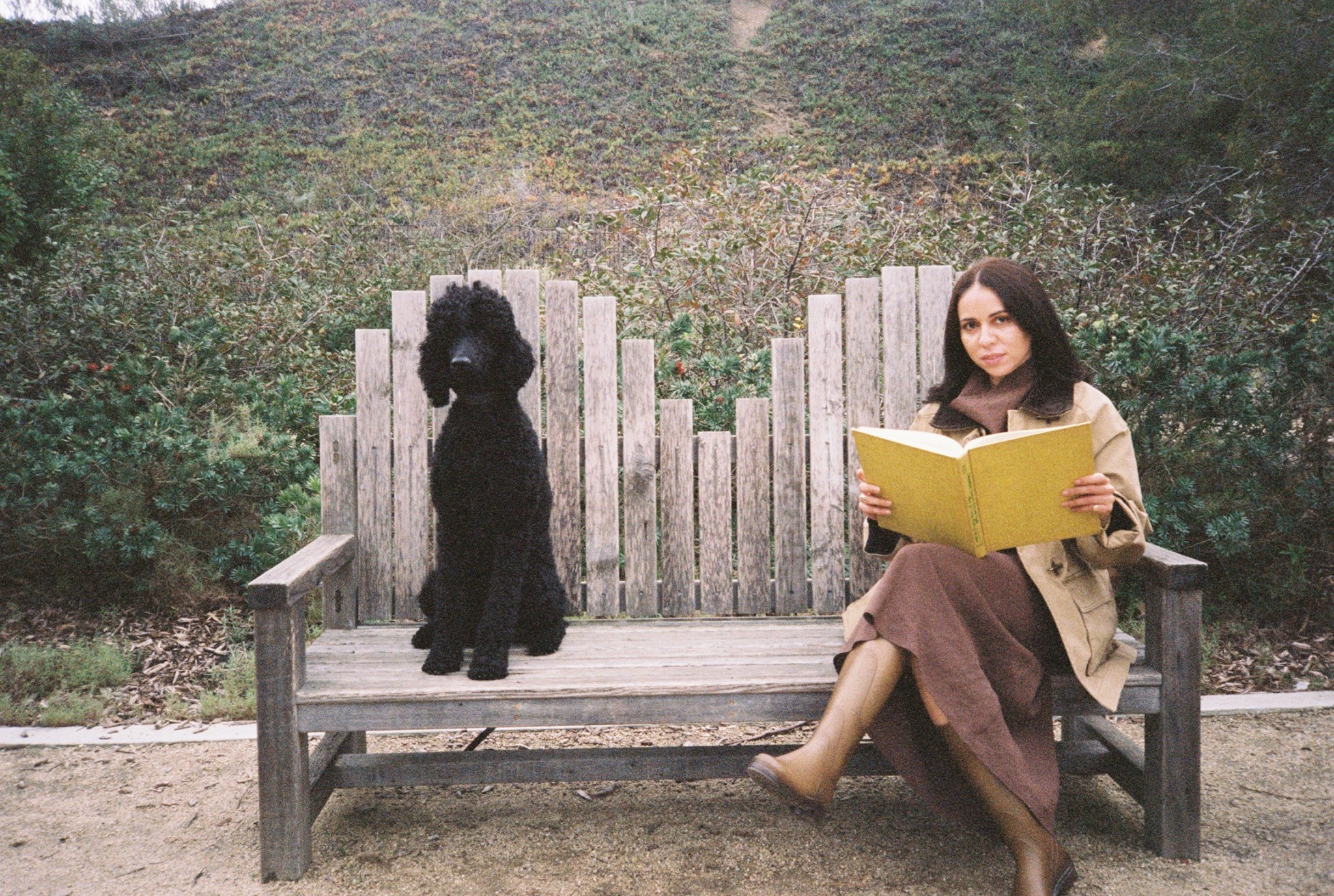
Image Credits
William VāJohń


